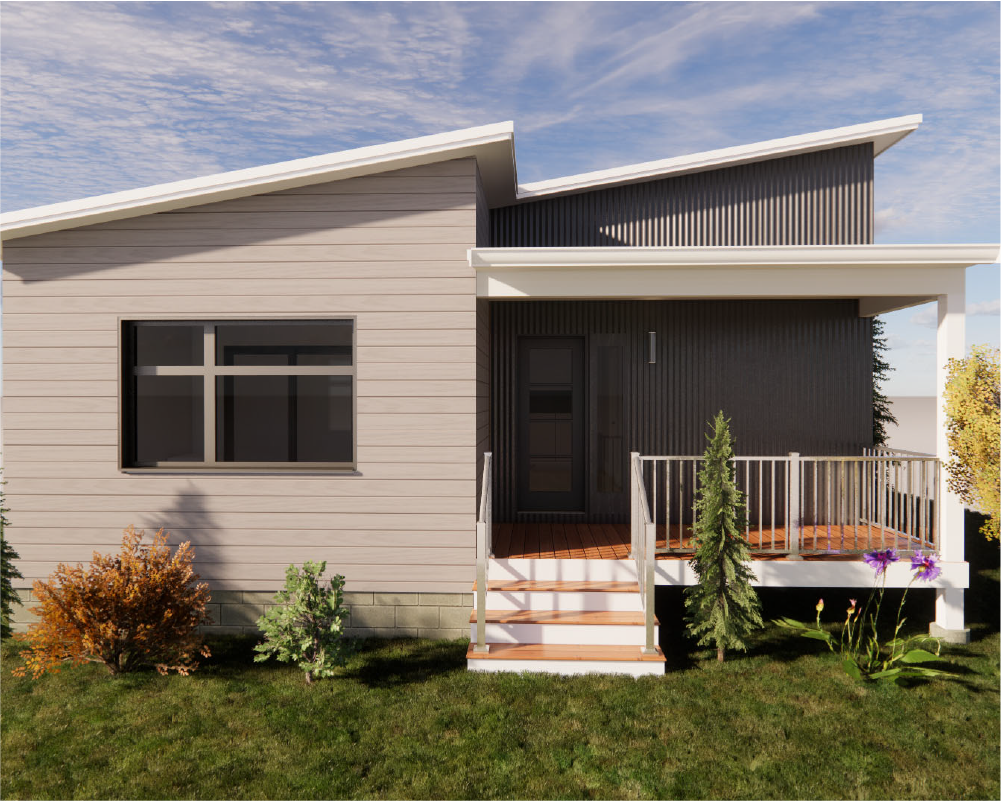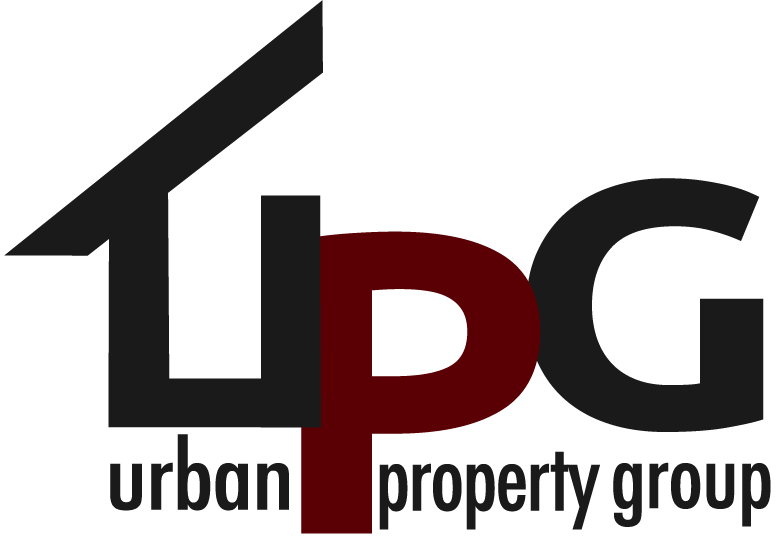Benefits of Modular Housing
Customized
Affordable Financing Options
More House for Your Money
No Middle-man Cost
Instant Equity
Request a Consultation
The Benefits
Customized
From landscaping packages to kitchen cabinets, a modular home gives you ultimate control to customize amenities.
Affordable Financing Options
Modular homes are approved to utilize a Federal Housing Administration (FHA) loan that offers a wide range of cost-saving benefits. Buyers can have a higher debt-to-income ratio, and the loan allows for lower credit scores. This financing option also provides low closing costs and mortgage rates. Learn more here.
More House for Your Money
The process of building modular homes is designed to be as efficient as possible while still allowing for customization. These cost-savings mean you can get more square footage per dollar.
No Middle-Man Cost
It’s estimated a modular home on average costs 30% less per square foot to build versus a traditional on-site construction. A conventional home builder or developer builds in costs and profits for their own company and sets the price at the highest amount the market will allow.
Instant Equity
Thanks to all the many modular homes’ efficiencies and off the shelf pricing model, after closing, your home will likely already be worth more than you paid for it.
Manufactured and Modular: What’s the Difference?
Many people think manufactured and modular homes are the same thing, but it’s quite the opposite. Below are some key differences between manufactured housing (which many people think of as double or single wides) and modular housing.
Building Codes
Manufactured
A “manufactured home” is a label for what’s commonly referred to as mobile homes or trailers. They are highly regulated, everything from design and construction to fire resistance and energy efficiency.
Modular
Modular homes are regulated the same as traditional site-built houses so they must adhere to the local codes.
Transportation to Site
Manufactured
Manufactured homes are transported to the site using their own wheels. Once they are set, the wheels are typically removed.
Modular
An off-frame modular home is made in block sections that are loaded onto trucks. When they arrive at the home site, they are unloaded and put into place using cranes.
Check Out Our Modular Options
At Urban Property Group, we have multiple modular options available to choose from for your manufactured home.

Foundation & Permanence
Manufactured
Manufactured homes typically don’t have a permanent foundation and have the option to be transported again in the future.
Modular
All modular homes have permanent concrete-poured foundations like traditional site-built homes. However, a modular home’s foundation can be laid simultaneously when the house is being constructed in the factory.
Cost & Customization
Manufactured
Manufactured homes are less expensive than site-built homes and even modular homes. However, one drawback is that many manufactured homes are not as customizable as modular and site-built homes.
Modular
Modular homes can often be completely customized. In many instances, the buyer can choose the exact design features they would like before having the home constructed.
Construction
It is in construction that we see the biggest similarities between modular and manufactured homes. Both of these housing units are constructed inside factories for a number of benefits. The homes are built in controlled conditions, so the elements do not impact building materials, and there are no weather-related construction delays. These factors translate into both time and money savings.
